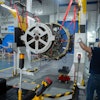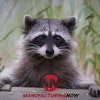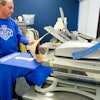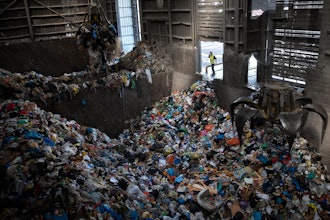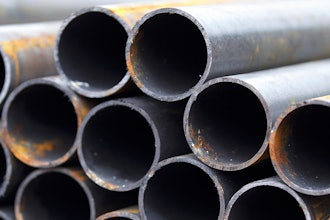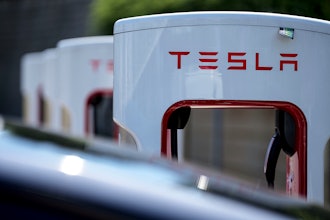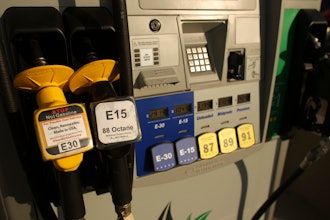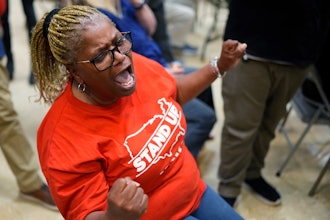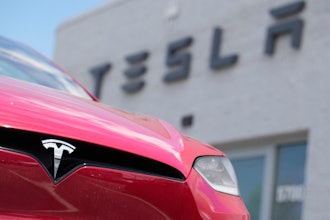NEW YORK (AP) -- San Francisco's city attorney is suing Monster Beverage for marketing its energy drinks to children, saying the products pose severe health risks.
City Attorney Dennis Herrera said Monday that Monster is the "industry's worst offender" in the extent to which it targets youth and children. The action comes after Monster last week sued Herrera over his demands that company reduce caffeine levels in its drinks and stop marketing to minors.
"Our lawsuit is not a reaction to their lawsuit," Herrera said in an interview. "We were proceeding on this path in the event that we would be unable to come to a resolution."
The lawsuits reflect a breakdown in talks that started in October, when Herrera's office first began investigating energy drinks. The industry, which includes Red Bull, 5-Hour Energy shots and PepsiCo's Amp, had been enjoying enormous growth before coming under intensifying scrutiny in the past year or so.
New York's attorney general this summer subpoenaed energy drink makers, including Monster, about how the drinks are made and marketed, and Democratic Sens. Richard Durbin of Illinois and Richard Blumenthal of Connecticut have repeatedly called on the Food and Drug Administration to look into the safety of the drinks for children.
The family of a 14-year-old Maryland girl who said she died after consuming two 24-ounce cans of Monster has also sued the company. Monster has noted that there was no blood test performed to confirm that the girl died of caffeine toxicity.
Monster Beverage Corp., based in Corona, Calif., has stood by the safety of its drinks and notes that its cans say they're not recommended for children, people sensitive to caffeine, pregnant women or women who are nursing.
But despite its own warning, Herrera notes that Monster aggressively markets its products to children. Herrera cited the company's "Monster Army" website, which uses children as young as six years old to promote its brand, as well as Monster's sponsoring of youth sports tournaments.
In addition, Herrera said in his lawsuit that Monster promotes excessive consumption of its drinks by telling consumers to "pound down" or "chug down" its products. He also noted that Monster's labels say people should drink no more than three 16-ounce cans a day, which is nearly five times the maximum daily caffeine limit recommended for children by the Food and Drug Administration.
Although some coffees may contain more caffeine than Monster's energy drinks, Herrera says that coffee is typically served hot and consumed more slowly than energy drinks.
Monster said in a statement Monday that that the issues raised by Herrera are matters that are entrusted to the regulatory authority of the FDA. It said Herrera's demands on Monster are pre-empted by federal law.
Herrera said on Monday that his office had been working with Monster in "good faith to negotiate voluntary changes" when the company abruptly filed its lawsuit last week. He said Monster had confirmed a meeting that was scheduled to take place just a few days after the lawsuit was filed.
Both Monster and Herrera are also accusing the other of trying to make their cases through the media, with each party noting that it learned of the other's lawsuit through reporters.
Shares of Monster slipped 98 cents, just short of 2 percent, to $56.46 in afternoon trading.

